In a city that generates 8,000 metric tons of garbage daily, the invisible ragpicker plays a vital role. Waste, a documentary film by Parasher Baruah explores the lives of these scavengers and recyclers through the eyes of three teenage waste collectors. DNA meets the cast and crew
Like any film premier, the first screening of the movie was held exclusively for its stars — Sameer, Salman and Santosh aka The Scientist — the ragpickers from Mahim. Though they were quite excited about the film screening, there were a few things that they were still unclear about. The film had been shot over eight months.
Where was rest of the footage? There was a scene, remembered Santosh, where he specially sang for the camera. Parasher Baruah, director, had to patiently sit and explain to a puzzled Santosh and the rest of his friends how all the footage cannot be compressed into a 20-minute documentary. After much work the documentary was screened at a private viewing at the Press Club last week.
Santosh, fondly known as The Scientist because of his know-it-all attitude, still works at the ‘khari’ — the dumping ground where he separates garbage with his bare hands. At thirteen, he is the sole earning member of his family. He is one among the 1,20,000 children who work as ragpickers in the city.
Santosh was among the first ragpickers Baruah met when he was doing the groundwork for his film. Soon he was introduced to the entire gang. Today, as he makes his way through the settlement, the earlier wariness is replaced by warm smiles. Residents know the filmmaker as Dharavi’s very own ‘Salim Bhai’. “Someone made a mistake and then it just caught on I guess,” smiles Baruah.
For the first three months he simply walked through lanes without a camera, trekking through mountains of garbage with the ragpickers. “People walk in, take pictures and sell it in America to make money,” complains Sharda Prasad, a recycler who has been working with e-waste since he was a boy. Baruah recognised the discomfort and only after getting permission, did he click a few pictures. He made some copies and gave it back to them. “Today most at 13 Compounds, the recycling industry in Dharavi, have a copy of their picture,” he says. By the time he began shooting, the hostility had disappeared.
Baruah’s film Waste, got a warm response at the screening. Among other things, the documentary shows the plight and the abysmal conditions that the ragpickers have learned to take in their stride. An abandoned bag of clothes filled with red ants is treated like a treasure trove. A broken helmet is tied to a long bamboo and used as a net to pull out bottles floating around in the sewage in the Mithi.
But most importantly, the film reveals what kind of recycling Mumbai’s garbage goes through after it reaches Dharavi. Once the ragpickers segregate the material, it is then carried to the recycling units at 13 Compounds where it is crushed, melted and sent to multinationals to be reused. A coordinated system is in place complete with its own hierarchy and jargon. Thirteen-year-old Imran explains the difference between a jhabla, a phooga and hard — different qualities of plastic. “A phooga is a plastic PET bottle. You get around Rs4-6 per kilo for it. Hard is the better quality," he says. Near Dharavi, every dumpyard has a head — the one at the Mahim khari is fondly known as the Don.
The quality of waste is getting worse every day with the introduction of new toxins and these ragpickers have to deal with it without any protective gear. The recycling units are also not doing very well. Lalta Prasad Gupta, 63, owner of a plastic crushing unit says the cost of plastic has fallen by almost 50 per cent. “With the influx of low quality China products it is getting increasingly difficult to find good plastic. The falling rates are only adding to our troubles,” he said. The recycling industry has been declared hazardous by the BMC due to the pollutants it releases. Most recyclers suffer from respiratory diseases because of the smoke that is generated during the process. The industry has found no place in the Dharavi redevelopment plan either. There is no alternative solution in store for the recyclers and ragpickers. A majority of the community will be forced into unemployment.
The Mumbai ragpickers is not an unexplored topic. Filmmakers in the past have walked through the underbelly of the city. But what sets Waste apart is the fact that it doesn’t all end with the film — the film is a part of a nationwide project. Funded by infochange. org and The Centre for Communication and Development Studies (CCDS), the film will be screened as part of NGO ACORN India’s Dharavi Art Project. The project includes a photography exhibition, a music video and a grand concert that will tap local talent including rappers from Dharavi jamming in Tamil. The proceeds will go towards funding various schemes for the waste collectors.
The organisation is currently in the process of distributing identity cards to ragpickers. “We have fifty ragpickers registered with us. Identity cards have been issued and soon they will also be provided with health and medical insurance facilities. The process has already taken form in Delhi and Bangalore and will take off in Kolkata soon,” says Vinod Shetty, director, ACORN India. “The idea is to add an extra ‘R’ to the reclying process. Reduce, reuse, recycle and respect. Withthem, the city will just be a heap of garbage.”
Though the film raises a number of issues, it is the three leads — Santosh, Sameer and Salman — who hold the film together. Their carefree attitude towards their plight sits lightly in an otherwise grim subject. A particular scene in the movie has these boys swimming in the creek while a fellow waste collector takes away what they collected through the day. The boys are too busy learning to whistle to run after him. “Take away all you want. We are generous,” they shout. “They are just kids at the end of the day. Learning to whistle is a lot more important,” smiles Baruah.
![submenu-img]() Balancing Risk and Reward: Tips and Tricks for Good Mobile Trading
Balancing Risk and Reward: Tips and Tricks for Good Mobile Trading![submenu-img]() Balmorex Pro [Is It Safe?] Real Customers Expose Hidden Dangers
Balmorex Pro [Is It Safe?] Real Customers Expose Hidden Dangers![submenu-img]() Sight Care Reviews (Real User EXPERIENCE) Ingredients, Benefits, And Side Effects Of Vision Support Formula Revealed!
Sight Care Reviews (Real User EXPERIENCE) Ingredients, Benefits, And Side Effects Of Vision Support Formula Revealed!![submenu-img]() Java Burn Reviews (Weight Loss Supplement) Real Ingredients, Benefits, Risks, And Honest Customer Reviews
Java Burn Reviews (Weight Loss Supplement) Real Ingredients, Benefits, Risks, And Honest Customer Reviews![submenu-img]() Gurucharan Singh is still unreachable after returning home, says Taarak Mehta producer Asit Modi: 'I have been trying..'
Gurucharan Singh is still unreachable after returning home, says Taarak Mehta producer Asit Modi: 'I have been trying..'![submenu-img]() RBSE 12th Result 2024 Live Updates: Rajasthan Board Class 12 results DECLARED, get direct link here
RBSE 12th Result 2024 Live Updates: Rajasthan Board Class 12 results DECLARED, get direct link here![submenu-img]() IIT graduate Indian genius ‘solved’ 161-year old maths mystery, left teaching to become CEO of…
IIT graduate Indian genius ‘solved’ 161-year old maths mystery, left teaching to become CEO of…![submenu-img]() RBSE 12th Result 2024 Live Updates: Rajasthan Board Class 12 results to be announced soon, get direct link here
RBSE 12th Result 2024 Live Updates: Rajasthan Board Class 12 results to be announced soon, get direct link here![submenu-img]() Meet doctor who cracked UPSC exam to become IAS officer but resigned after few years due to...
Meet doctor who cracked UPSC exam to become IAS officer but resigned after few years due to...![submenu-img]() IIT graduate gets job with Rs 45 crore salary package, fired after few years, buys Narayana Murthy’s…
IIT graduate gets job with Rs 45 crore salary package, fired after few years, buys Narayana Murthy’s…![submenu-img]() DNA Verified: Is CAA an anti-Muslim law? Centre terms news report as 'misleading'
DNA Verified: Is CAA an anti-Muslim law? Centre terms news report as 'misleading'![submenu-img]() DNA Verified: Lok Sabha Elections 2024 to be held on April 19? Know truth behind viral message
DNA Verified: Lok Sabha Elections 2024 to be held on April 19? Know truth behind viral message![submenu-img]() DNA Verified: Modi govt giving students free laptops under 'One Student One Laptop' scheme? Know truth here
DNA Verified: Modi govt giving students free laptops under 'One Student One Laptop' scheme? Know truth here![submenu-img]() DNA Verified: Shah Rukh Khan denies reports of his role in release of India's naval officers from Qatar
DNA Verified: Shah Rukh Khan denies reports of his role in release of India's naval officers from Qatar![submenu-img]() DNA Verified: Is govt providing Rs 1.6 lakh benefit to girls under PM Ladli Laxmi Yojana? Know truth
DNA Verified: Is govt providing Rs 1.6 lakh benefit to girls under PM Ladli Laxmi Yojana? Know truth![submenu-img]() Urvashi Rautela mesmerises in blue celestial gown, her dancing fish necklace steals the limelight at Cannes 2024
Urvashi Rautela mesmerises in blue celestial gown, her dancing fish necklace steals the limelight at Cannes 2024![submenu-img]() Kiara Advani attends Women In Cinema Gala in dramatic ensemble, netizens say 'who designs these hideous dresses'
Kiara Advani attends Women In Cinema Gala in dramatic ensemble, netizens say 'who designs these hideous dresses'![submenu-img]() Influencer Diipa Büller-Khosla looks 'drop dead gorgeous' in metallic structured dress at Cannes 2024
Influencer Diipa Büller-Khosla looks 'drop dead gorgeous' in metallic structured dress at Cannes 2024![submenu-img]() Kiara Advani stuns in Prabal Gurung thigh-high slit gown for her Cannes debut, poses by the French Riviera
Kiara Advani stuns in Prabal Gurung thigh-high slit gown for her Cannes debut, poses by the French Riviera![submenu-img]() Heeramandi star Taha Shah Badussha makes dashing debut at Cannes Film Festival, fans call him ‘international crush’
Heeramandi star Taha Shah Badussha makes dashing debut at Cannes Film Festival, fans call him ‘international crush’![submenu-img]() Haryana Political Crisis: Will 3 independent MLAs support withdrawal impact the present Nayab Saini led-BJP government?
Haryana Political Crisis: Will 3 independent MLAs support withdrawal impact the present Nayab Saini led-BJP government?![submenu-img]() DNA Explainer: Why Harvey Weinstein's rape conviction was overturned, will beleaguered Hollywood mogul get out of jail?
DNA Explainer: Why Harvey Weinstein's rape conviction was overturned, will beleaguered Hollywood mogul get out of jail?![submenu-img]() What is inheritance tax?
What is inheritance tax?![submenu-img]() DNA Explainer: What is cloud seeding which is blamed for wreaking havoc in Dubai?
DNA Explainer: What is cloud seeding which is blamed for wreaking havoc in Dubai?![submenu-img]() DNA Explainer: What is Israel's Arrow-3 defence system used to intercept Iran's missile attack?
DNA Explainer: What is Israel's Arrow-3 defence system used to intercept Iran's missile attack?![submenu-img]() Gurucharan Singh is still unreachable after returning home, says Taarak Mehta producer Asit Modi: 'I have been trying..'
Gurucharan Singh is still unreachable after returning home, says Taarak Mehta producer Asit Modi: 'I have been trying..'![submenu-img]() ‘Jo mujhse bulwana chahte ho…’: Angry Dharmendra lashes out after casting his vote in Lok Sabha Elections 2024
‘Jo mujhse bulwana chahte ho…’: Angry Dharmendra lashes out after casting his vote in Lok Sabha Elections 2024![submenu-img]() Deepika Padukone spotted with her baby bump as she steps out with Ranveer Singh to cast her vote in Lok Sabha elections
Deepika Padukone spotted with her baby bump as she steps out with Ranveer Singh to cast her vote in Lok Sabha elections![submenu-img]() Jr NTR surprises fans on birthday, announces NTR 31 with Prashanth Neel, shares details
Jr NTR surprises fans on birthday, announces NTR 31 with Prashanth Neel, shares details ![submenu-img]() 86-year-old Shubha Khote wins hearts by coming out to cast her vote in Lok Sabha elections, says meant to inspire voters
86-year-old Shubha Khote wins hearts by coming out to cast her vote in Lok Sabha elections, says meant to inspire voters![submenu-img]() Watch viral video: Man gets attacked after trying to touch ‘pet’ cheetah; netizens react
Watch viral video: Man gets attacked after trying to touch ‘pet’ cheetah; netizens react![submenu-img]() Real story of Lahore's Heermandi that inspired Netflix series
Real story of Lahore's Heermandi that inspired Netflix series![submenu-img]() 12-year-old Bengaluru girl undergoes surgery after eating 'smoky paan', details inside
12-year-old Bengaluru girl undergoes surgery after eating 'smoky paan', details inside![submenu-img]() Viral video: Pakistani man tries to get close with tiger and this happens next
Viral video: Pakistani man tries to get close with tiger and this happens next![submenu-img]() Owl swallows snake in one go, viral video shocks internet
Owl swallows snake in one go, viral video shocks internet




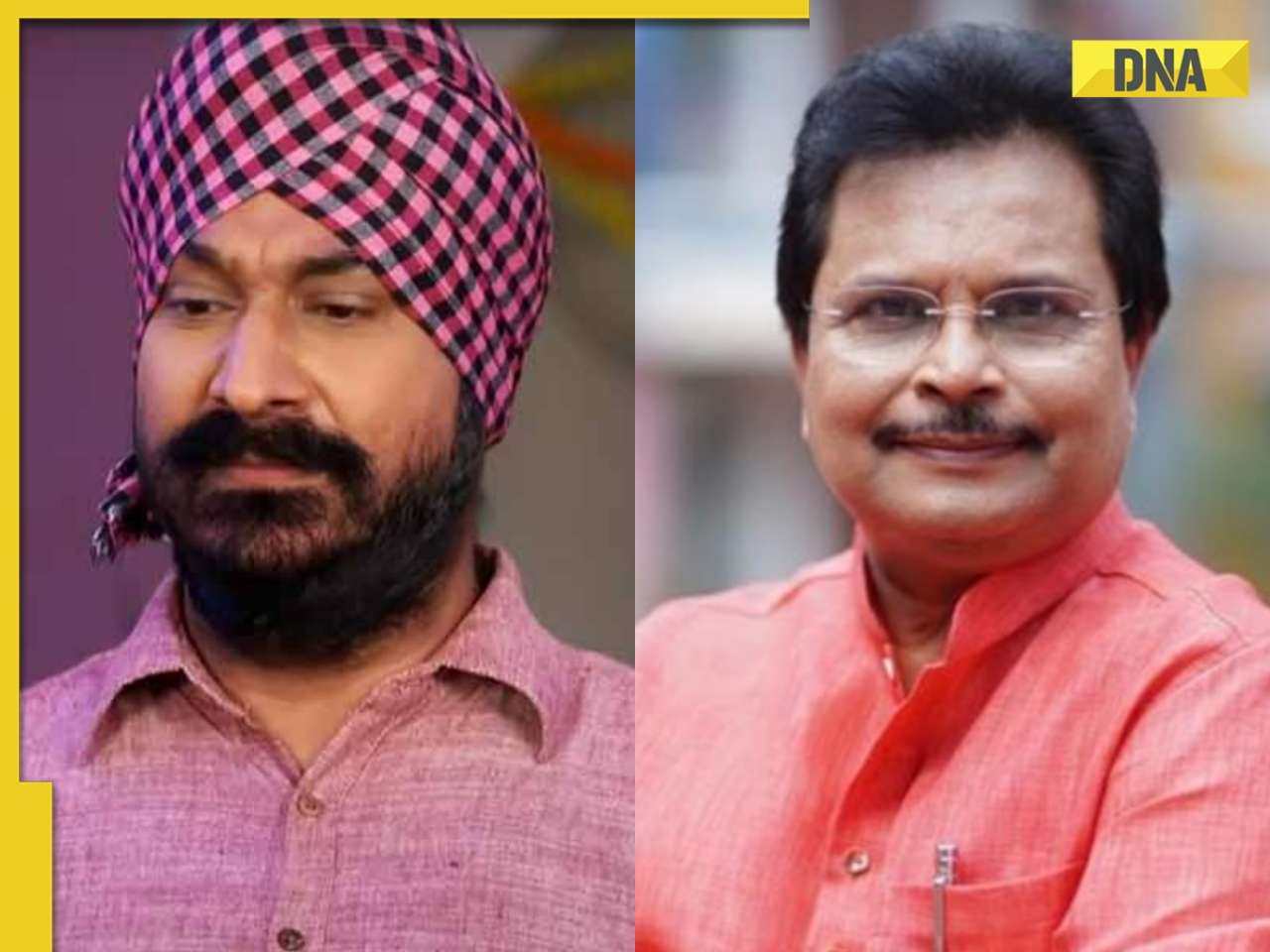





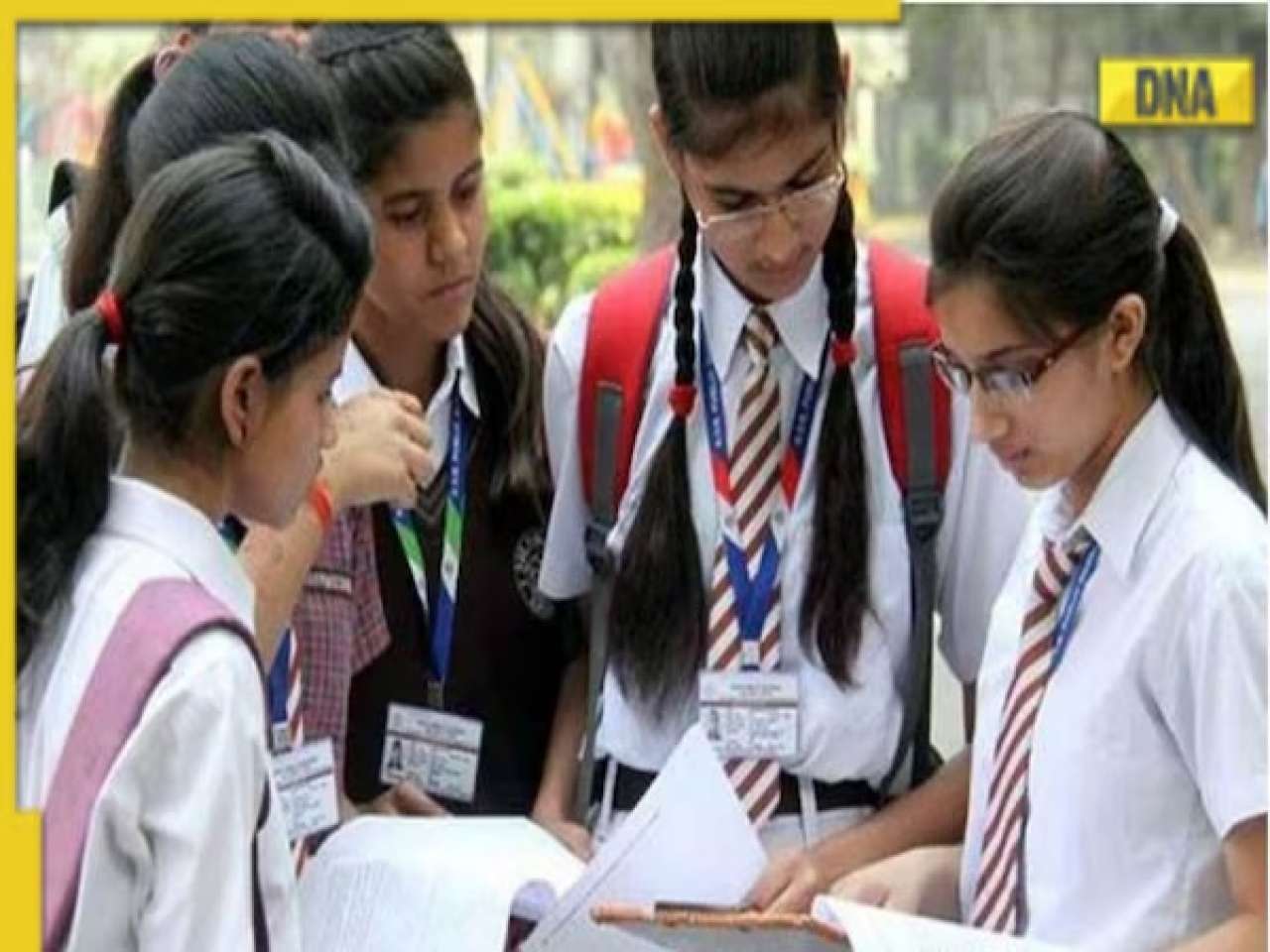

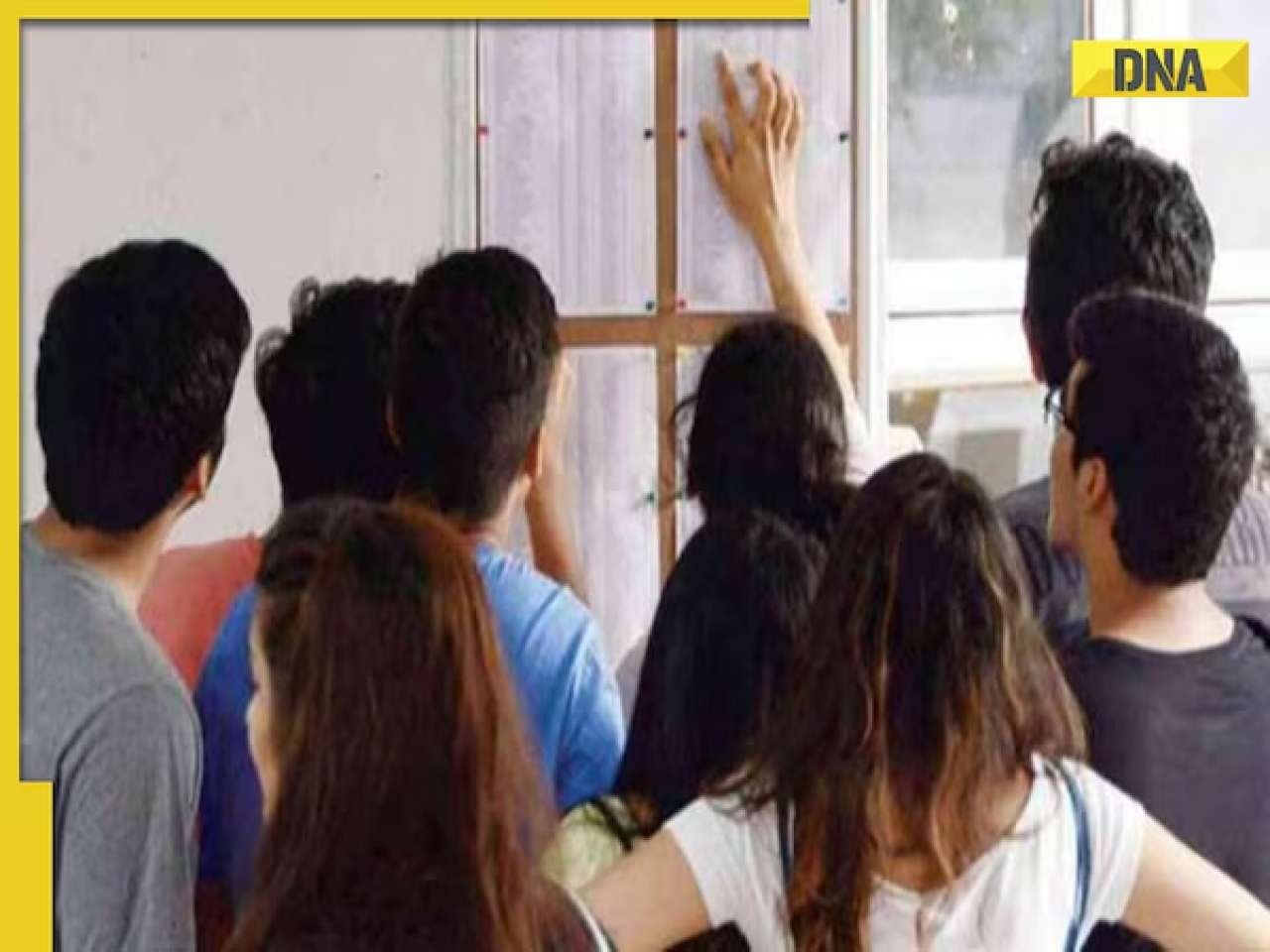
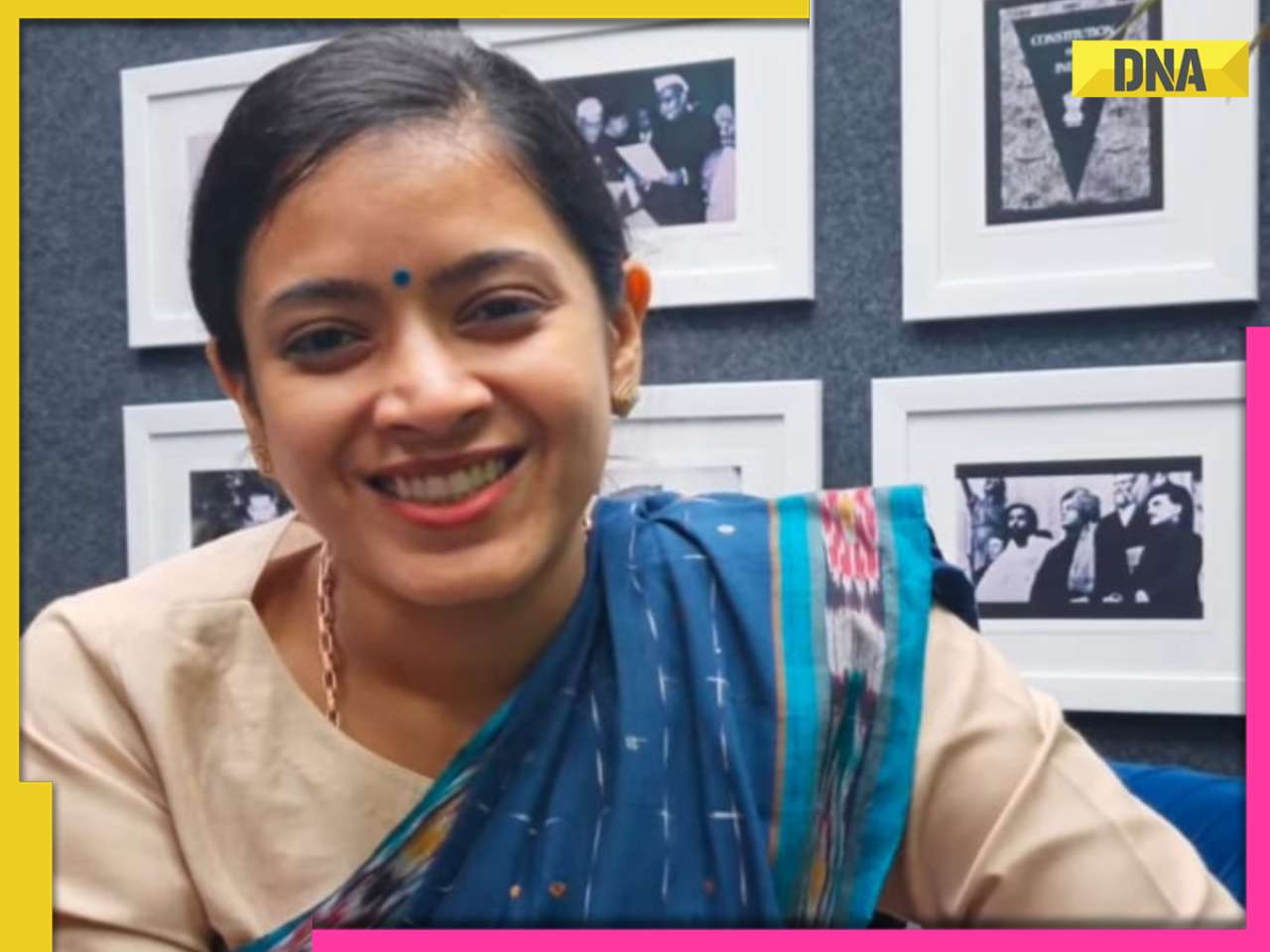
















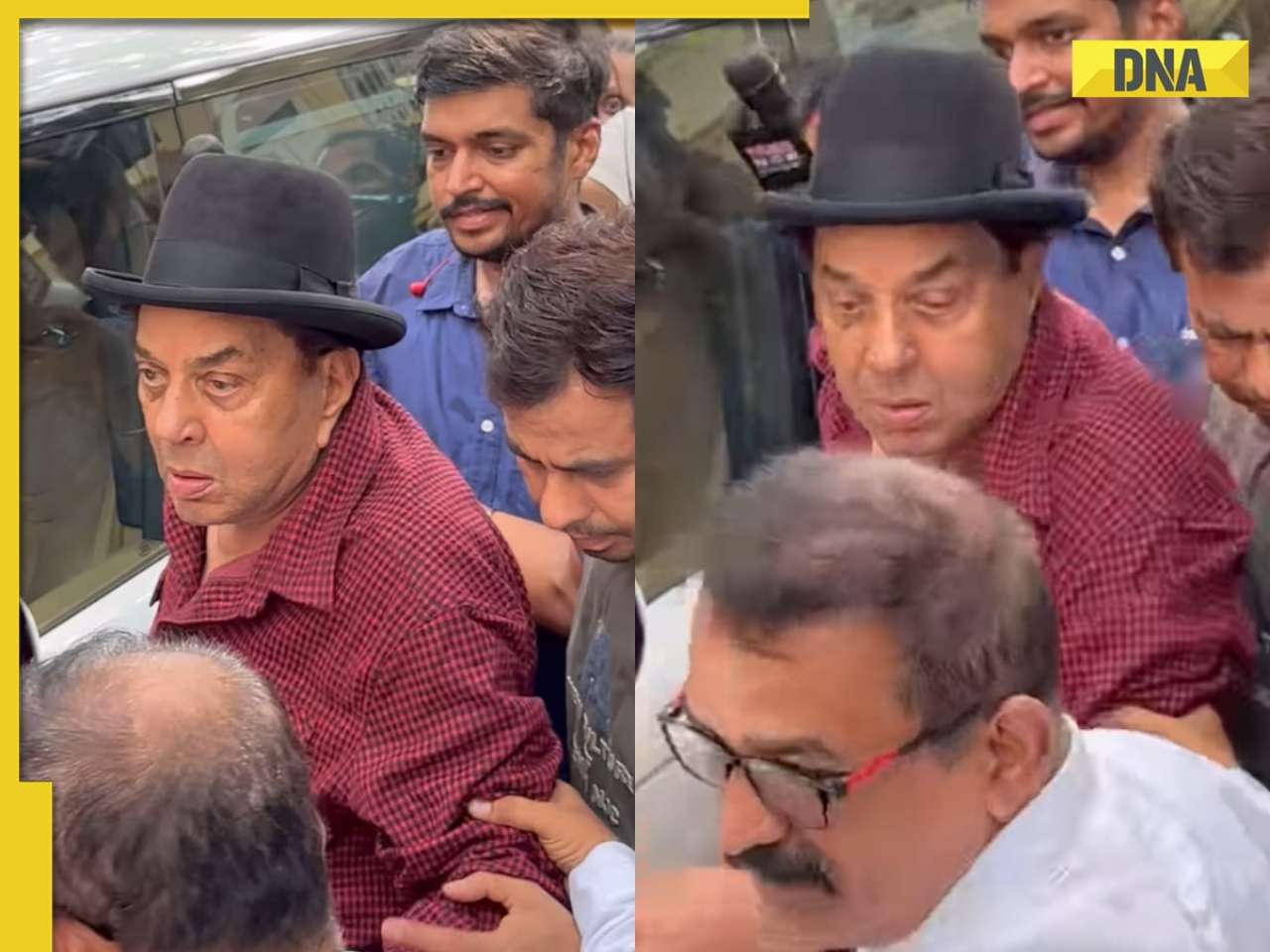


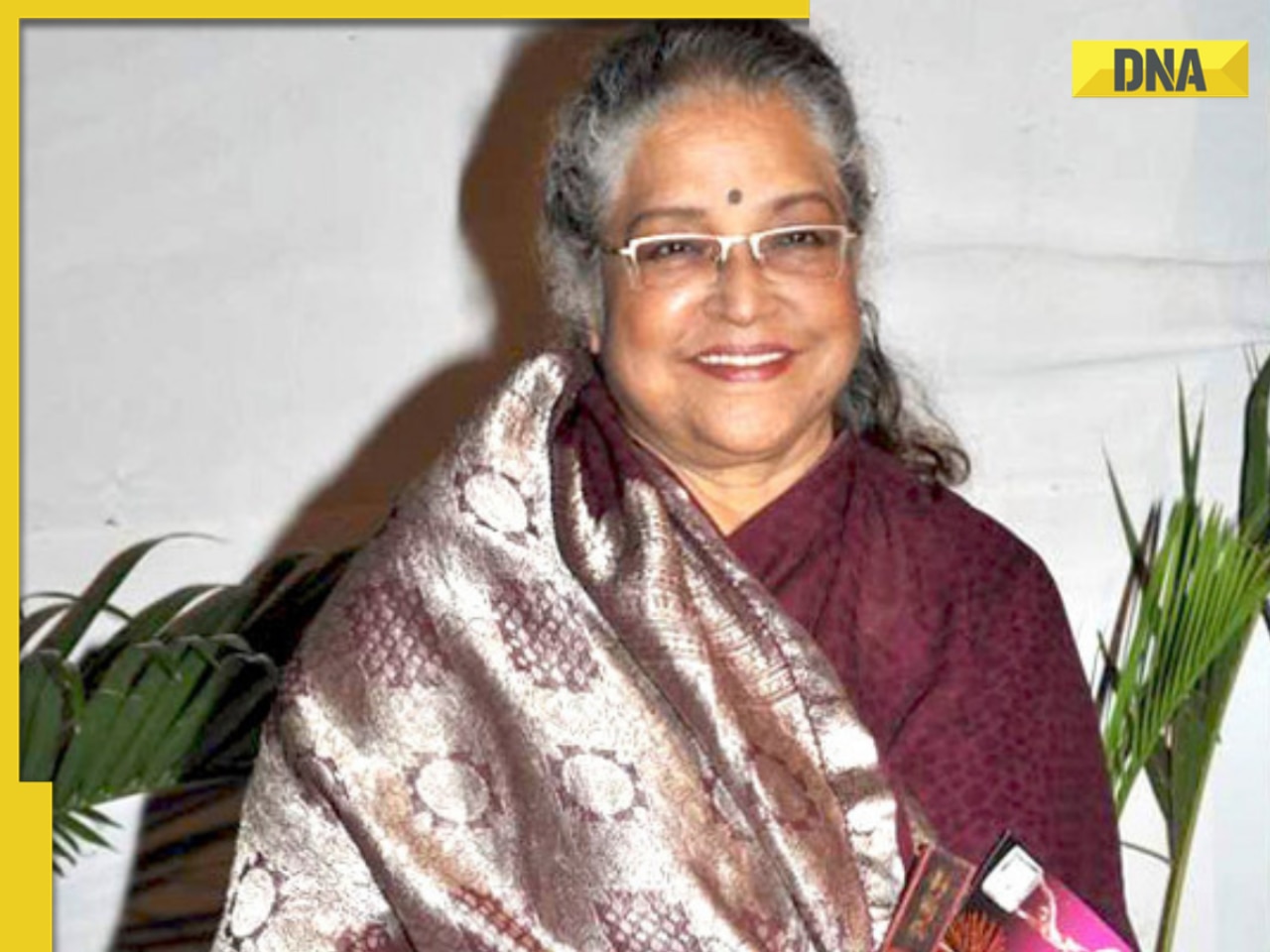
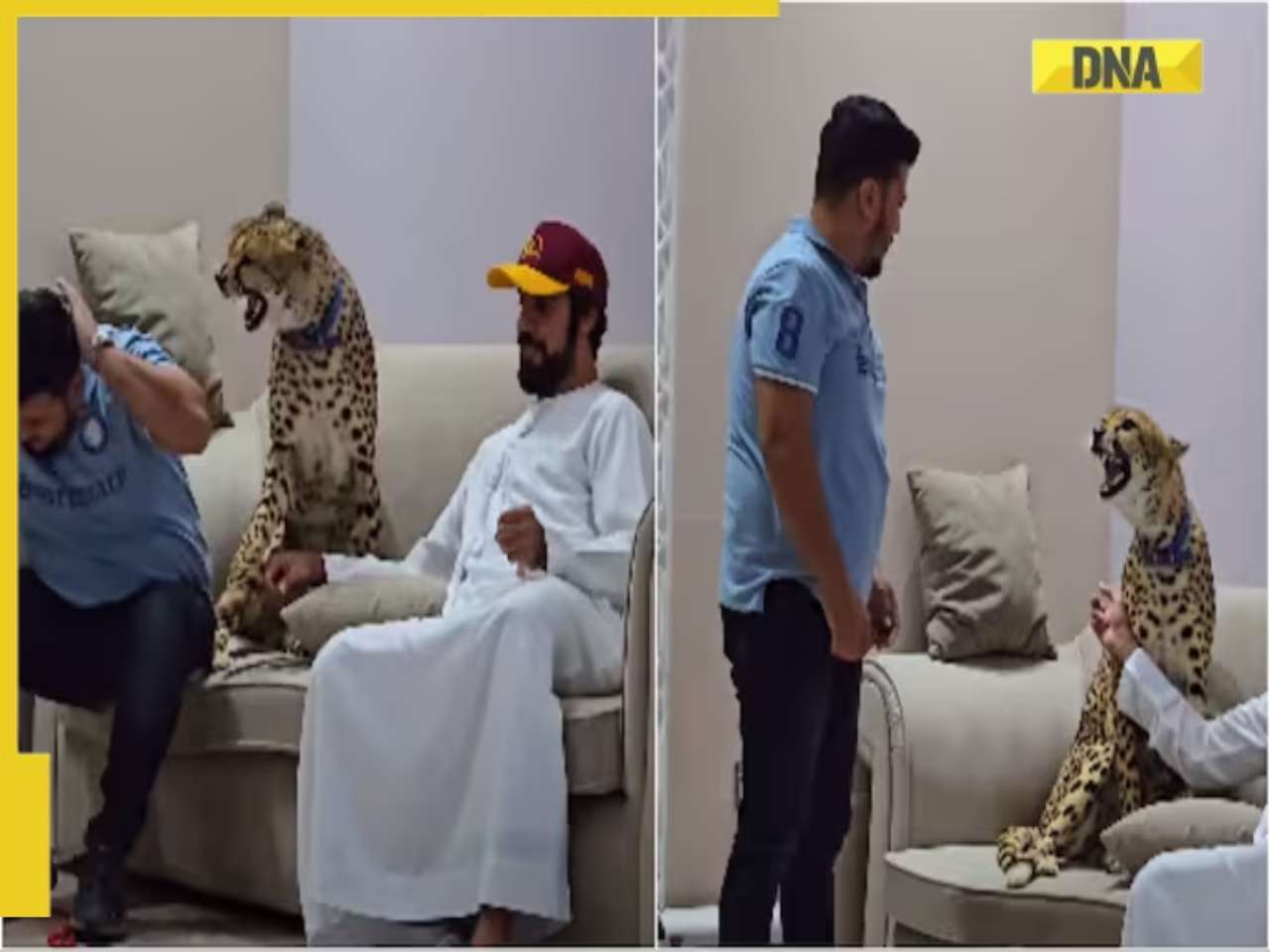
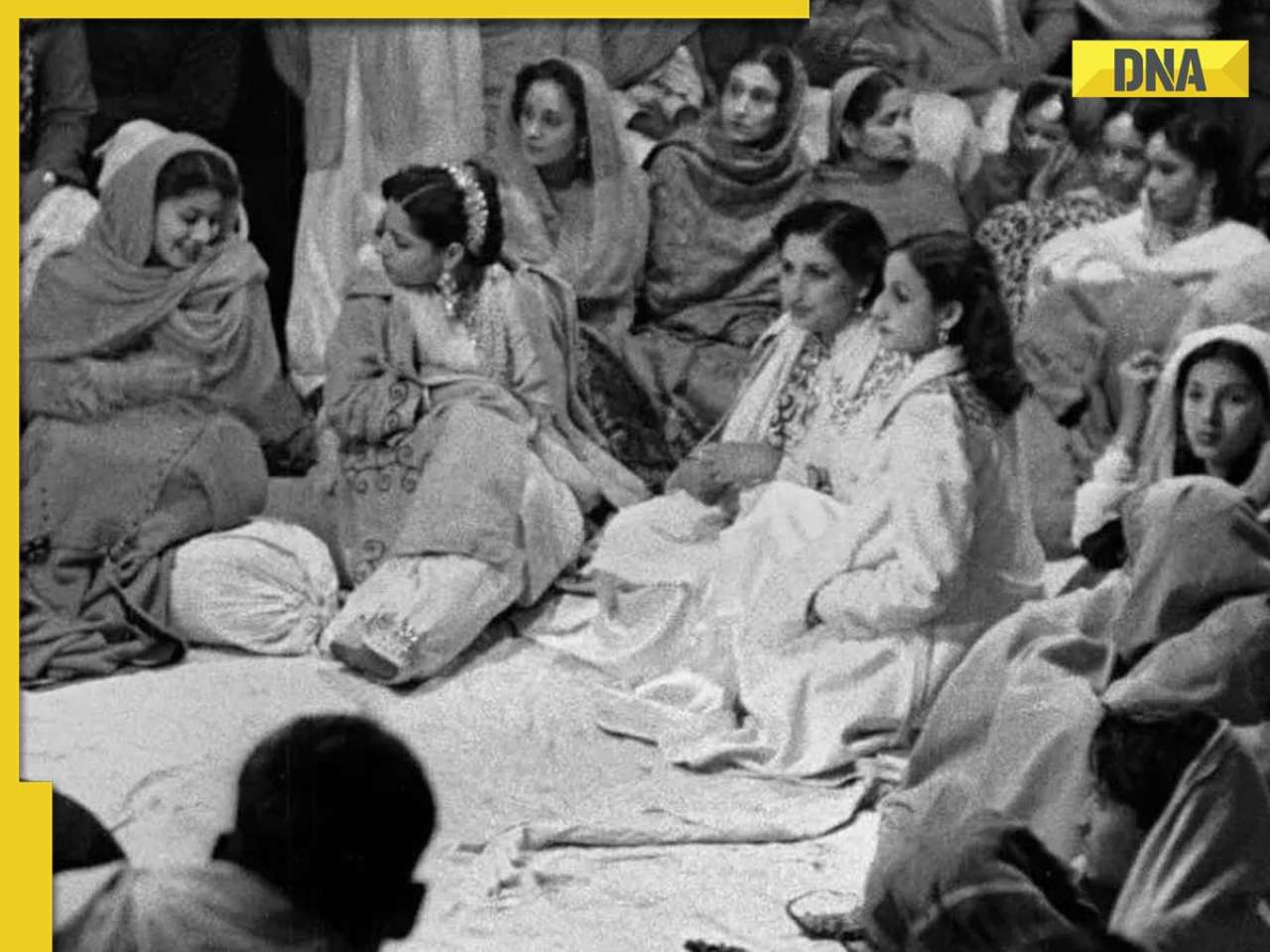

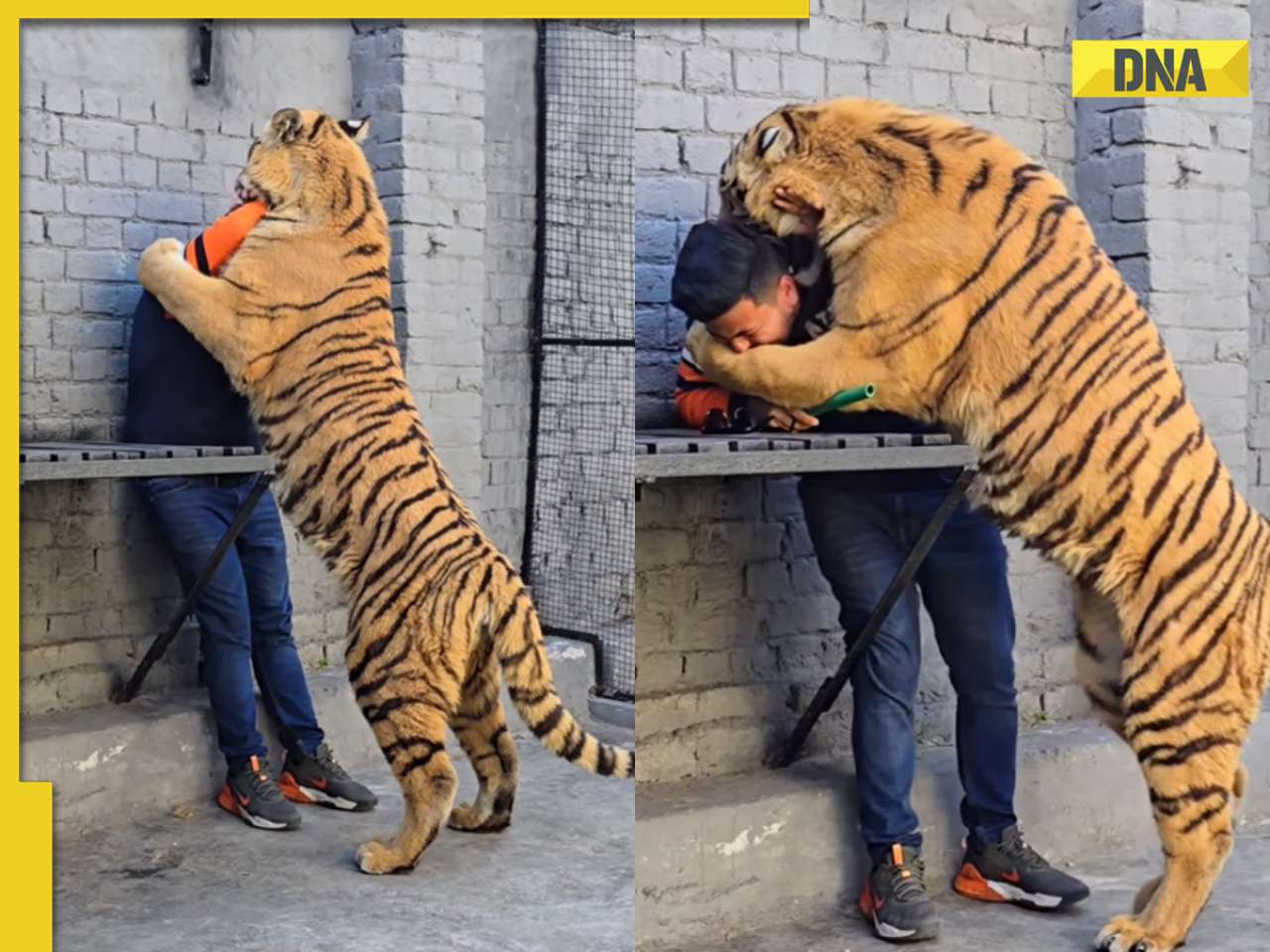
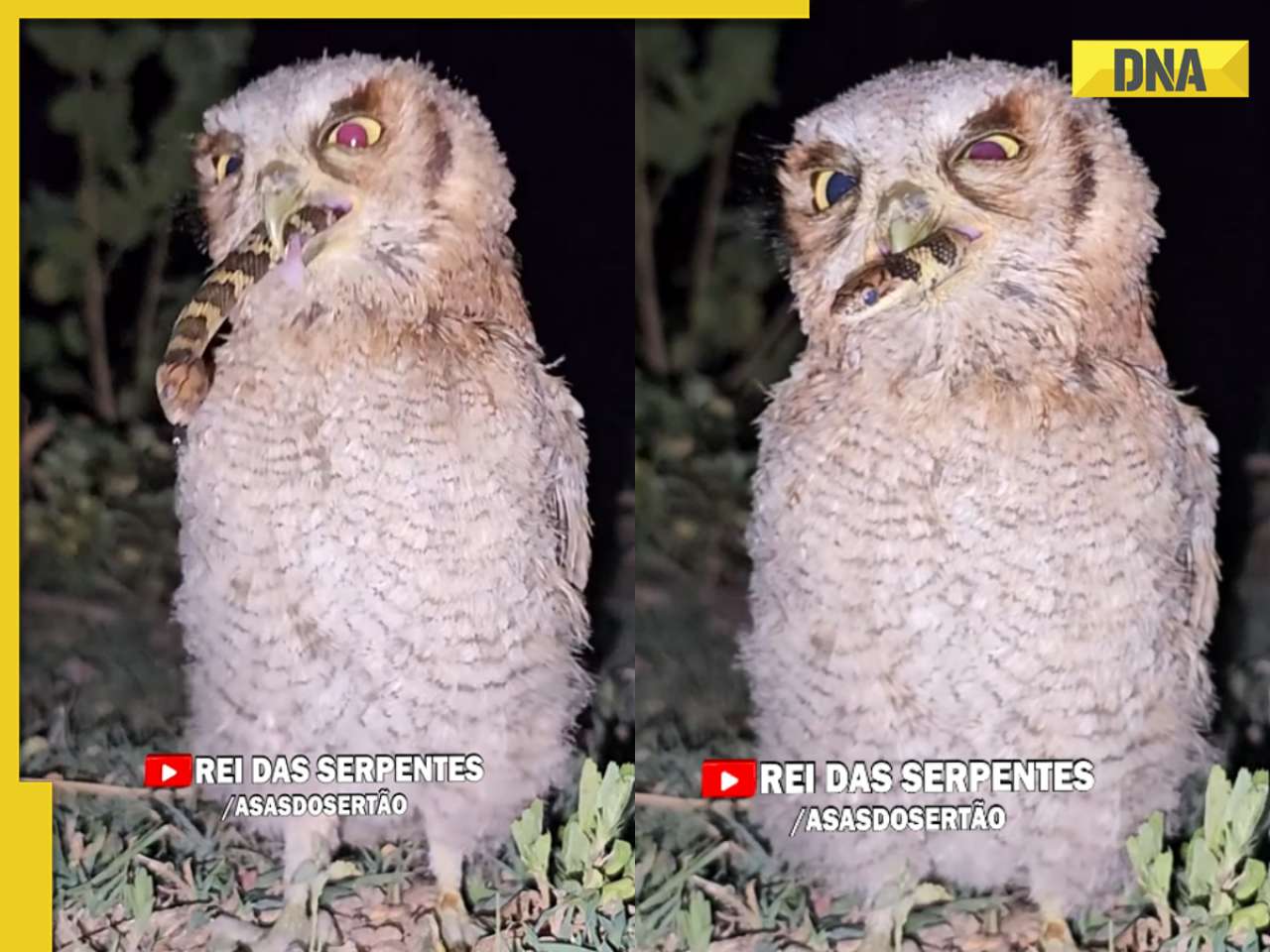

)









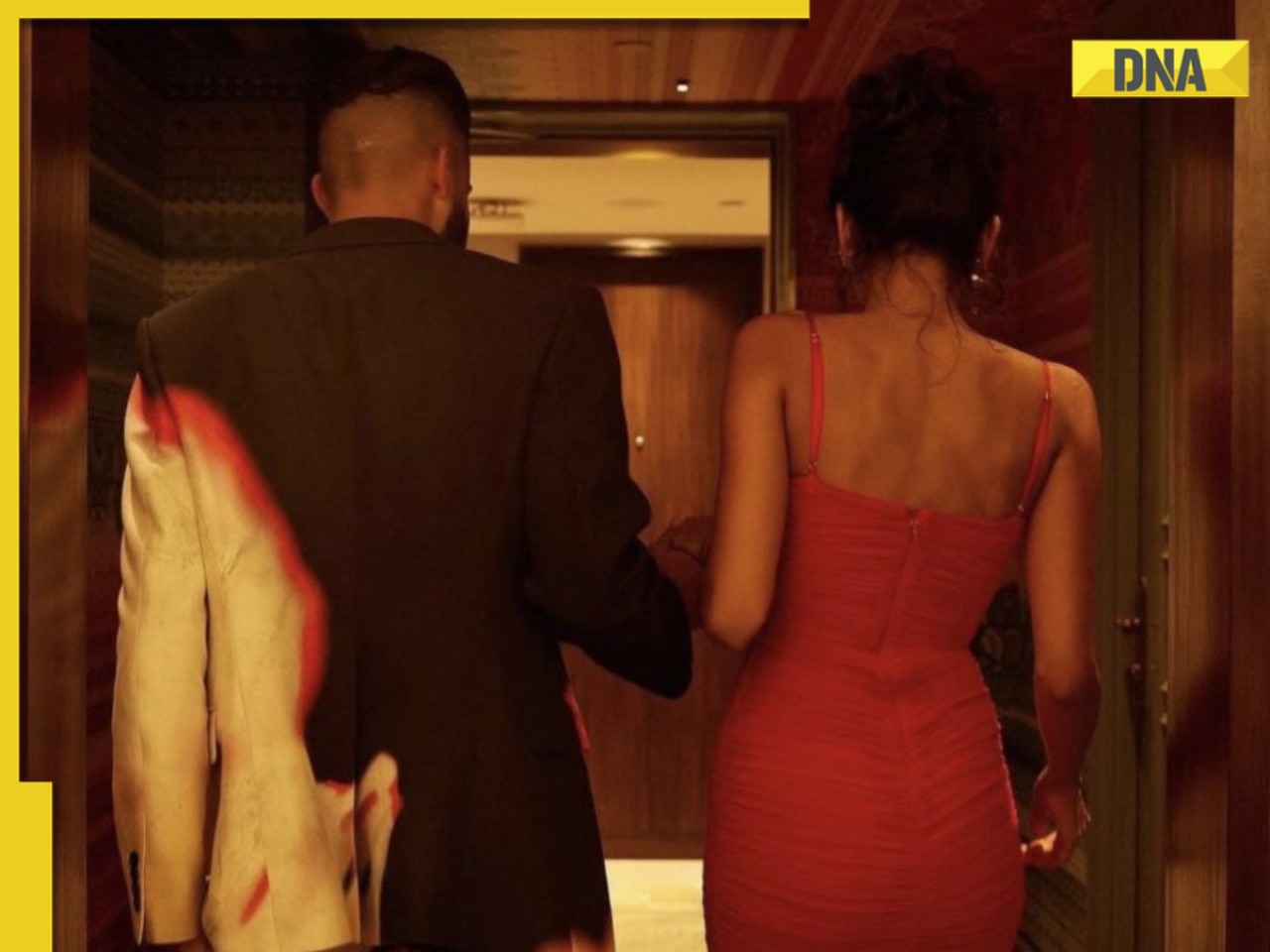
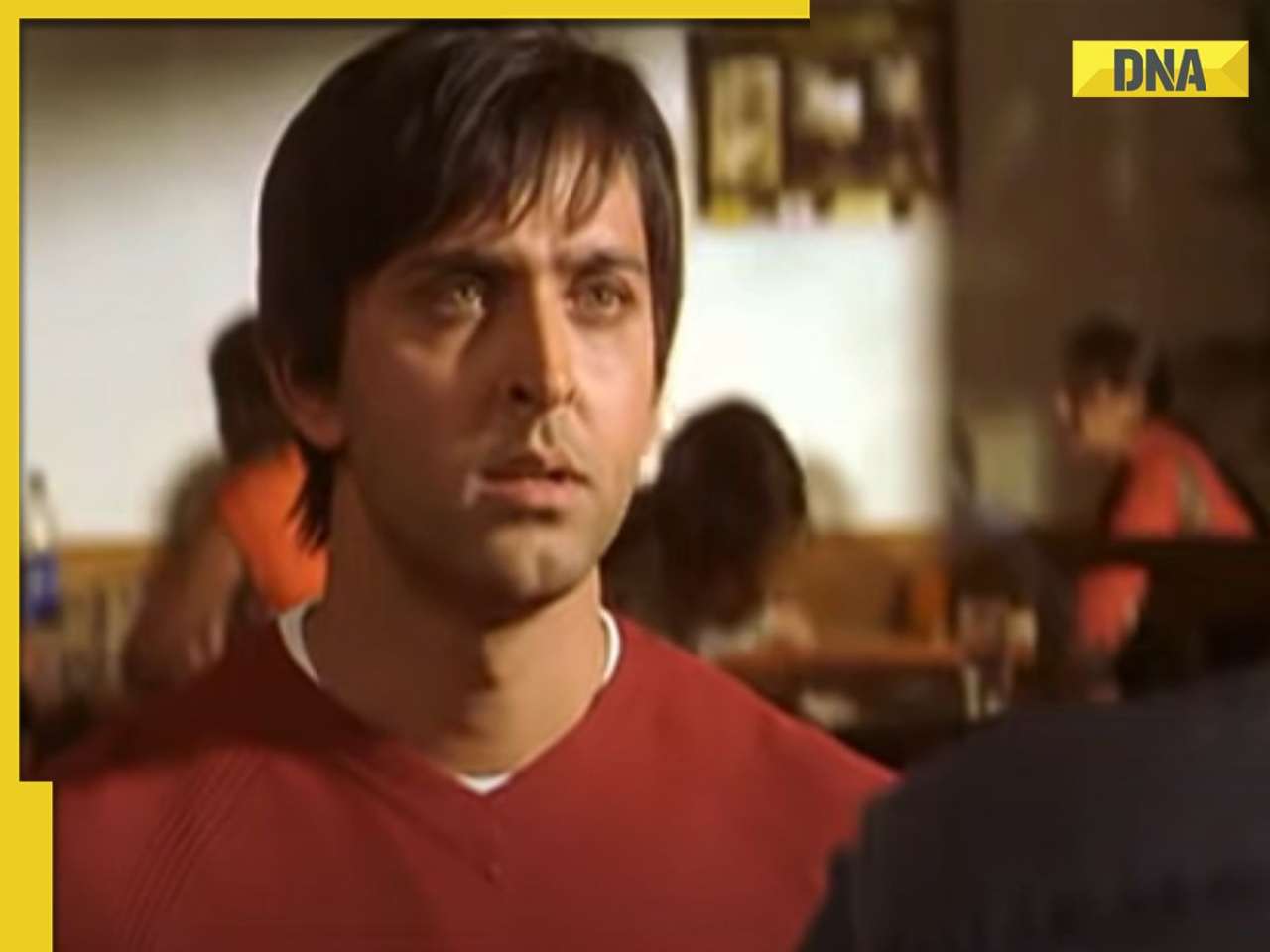






)
)
)
)
)
)